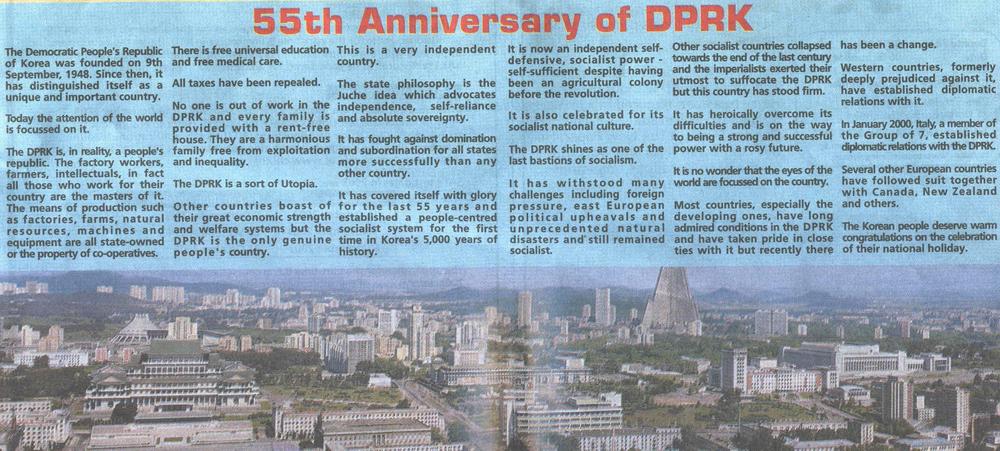Once again, one of my least favorite magazines has surprised me by putting out a top-notch article on China by Arthur Waldron, this one delving into the real ramifications of Hong Kong’s recent half-million-man march in protest of Article 23.
Make no mistake about it, the knowledgeable author warns; the event underscored the inherent infeasibility of the Special Administrative Region:
In fact, the Basic Law—Hong Kong’s constitution—is itself unworkable. It gives the people the freedom to speak out and to elect representatives, but denies those representatives the possibility of ever forming a government. The chief executive, chosen by Beijing in the manner I have indicated, is responsible not to the people he rules but to the Beijing government that rules him. Only full democratization—or full dictatorship—can restore something like equilibrium, and each has its perils.
Reading the article, I wanted to quote just about every paragraph I read. I knew at the time that the July 1 march signalled a major and possibly defining moment in China’s modern history. But I thought at the time it was HK that was in the most trouble, not China. The article makes it clear that the march and its side effects have pushed China into an untenable position.
Whatever direction the Hong Kong crisis takes, it will continue to reveal what may be called, in this post-strongman era, the Wizard of Oz aspect of political control in China. The past 30 years have shown what masters of prevarication and illusion are China’s Communist leaders. Their greatest triumph has lain in their ability to convince the world, and many of their own people, that ever since the 1970’s they have been in the process of doing, or about to begin to do, things which, if they actually did them, would spell their own demise: freeing the press, reforming the banks and state-owned enterprises, developing a legal system, above all engaging in political reform. But limits exist even to China’s ability to postpone and to the rest of the world’s willingness to believe, and the Hong Kong crisis has brought those limits out into the open.
Quite unexpectedly, the Beijing government has been forced to fish or cut bait. Hong Kong will either be democratized, as public opinion overwhelmingly demands and as even the Basic Law strongly suggests it eventually will be, or it will not. No merely tactical solution exists. The problems in both China and Hong Kong are like the cracks in the Three Gorges Dam, structural defects that cannot simply be plastered over.
Most interesting is the catch-22 scenario the author paints of China’s current mess; they may really have no way out. It would be nice to think so.

Comment